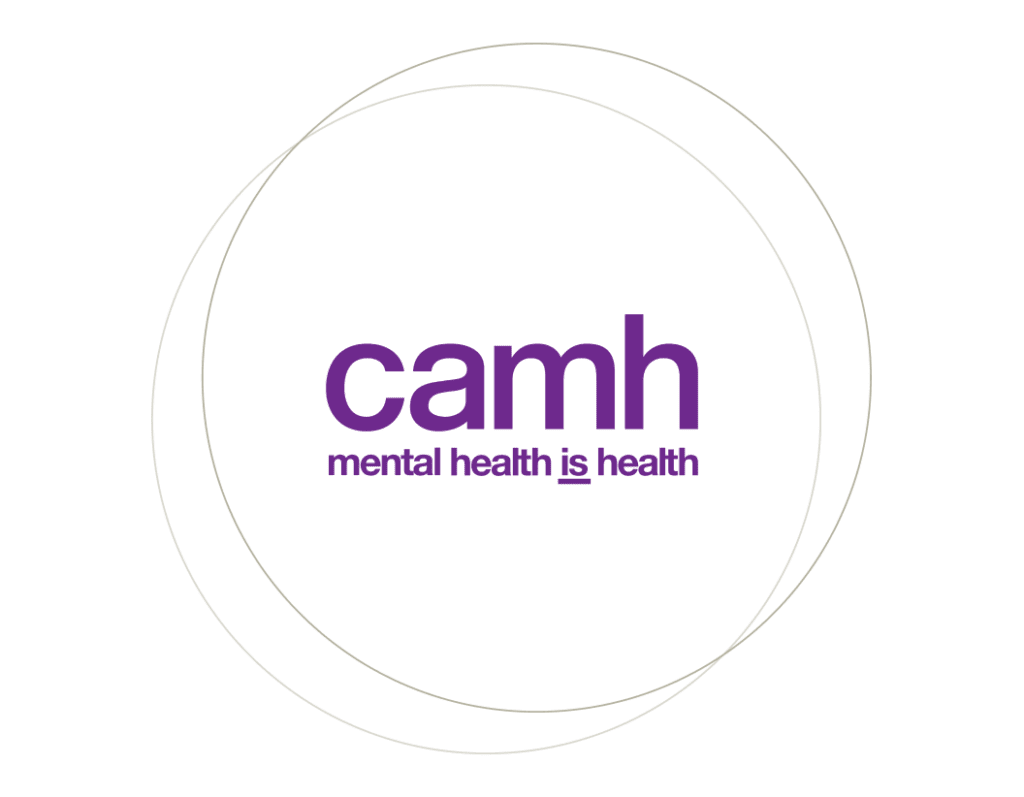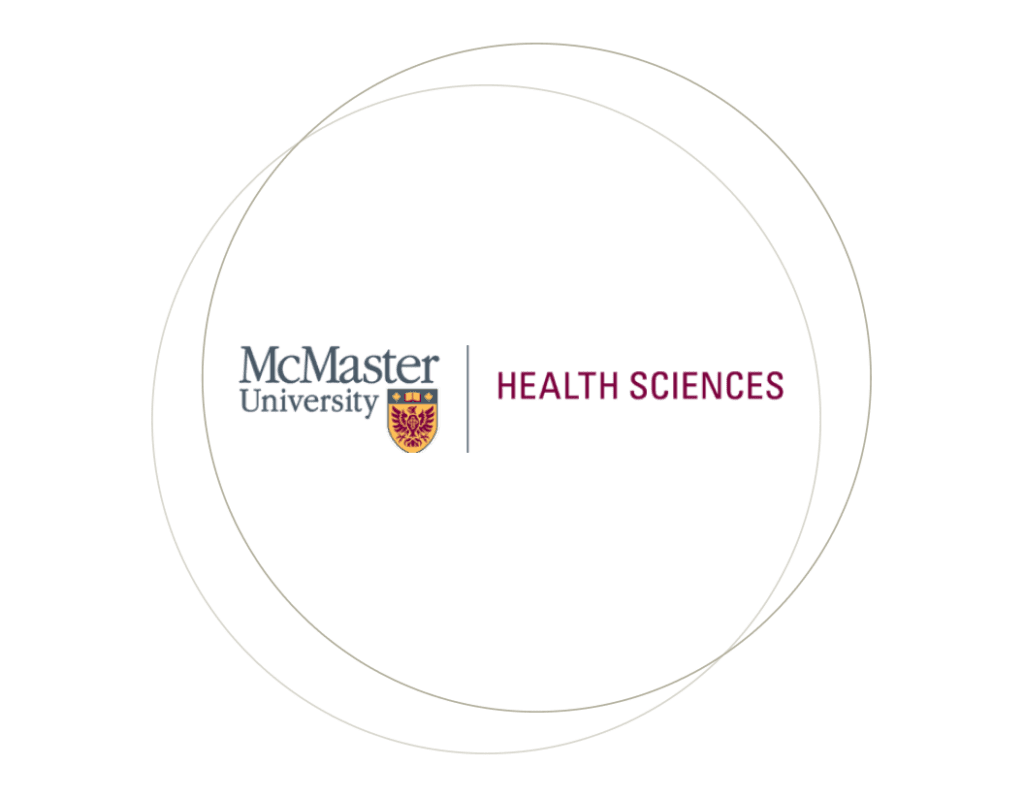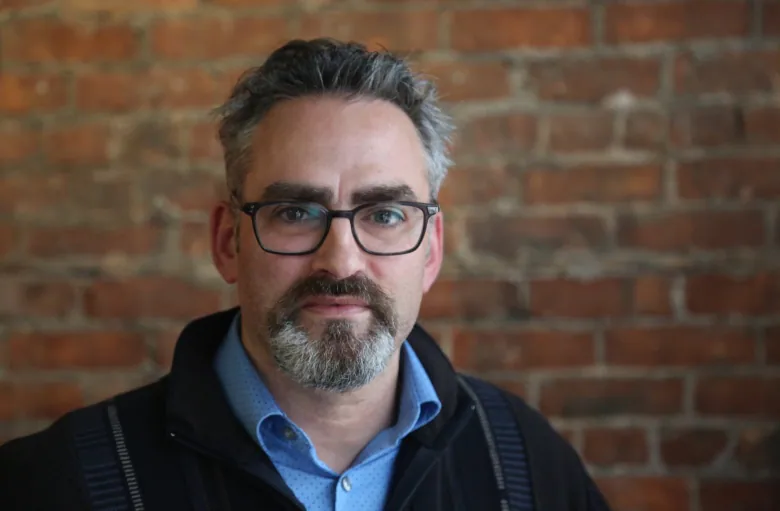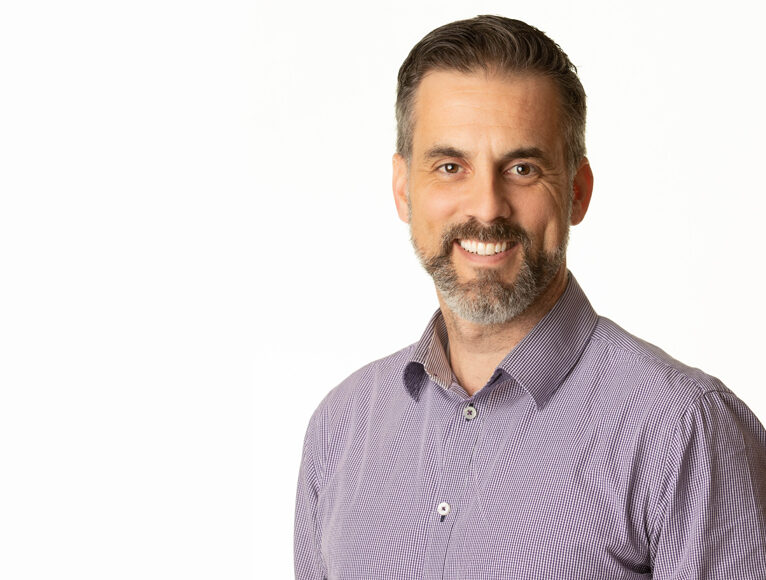Better Health Through Knowledge
About the Mental Health for Older Adults Initiative
Our goal is to improve the cognitive and mental health of older adults, and the quality of life of older adults and their care partners through high quality, easy-to-access, education that complements evidence-based approaches to assessment and care.
Brought to you by the award-winning team at the Division of e-Learning Innovation at McMaster University; along with experts from the Departments of Family Medicine and Psychiatry at McMaster University and the Centre for Addiction and Mental Health (CAMH).
Organizations


Organizations
Centre for Addiction and Mental Health (CAMH)
The Centre for Addiction and Mental Health (CAMH) is Canada's largest mental health teaching hospital and one of the world's leading research centres in its field. CAMH is fully affiliated with the University of Toronto and is a Pan American Health Organization/World Health Organization Collaborating Centre.
About CAMH

Organizations
McMaster University
McMaster University's Faculty of Health Sciences is unique as the only Canadian university that combines, in one Faculty, schools of medicine, nursing, rehabilitation sciences, and the programs of midwifery, bachelor of health sciences, physician assistant and postgraduate health sciences education. This is a specific initiative to train members of the medical team in a collaborative, interdisciplinary approach to develop effective and efficient health care.
About McMaster's Faculty of Health SciencesAlphabetical Order
Our Expert Project Leads


Geriatric Psychiatrist
Dante Duarte, MD, PhD
Dr. Dante Duarte is an Assistant Professor and practices geriatric psychiatry at McMaster. Dante completed his MSc and PhD in Psychiatry at the Federal University of Minas Gerais and the University of São Paulo, Brazil, before carrying out a Postdoctoral Clinical-Research Fellowship at Harvard Medical School in Boston.


Psychiatrist, Collaborative Care Leader
Nick Kates, MD, FRCPC
Nick Kates is Professor and former Chair of the Department of Psychiatry and Behavioural Neurosciences at McMaster University, with a cross-appointment in the Department of Family Medicine. He is also an Associate Member of the Department of Health, Aging, and Society at McMaster University.


Consultation-Liaison Psychiatrist; e-Learning Leader
Anthony J Levinson, MD, FRCPC, MSc, MA
Dr. Anthony Levinson is a Professor and the Director of the Division of e-Learning Innovation, as well as the John Evans Chair in Health Sciences Educational Research at McMaster. He practices Consultation-Liaison Psychiatry, with a special focus on dementia and neuropsychiatry. He is also the co-developer of the iGeriCare.ca dementia care partner resource.


Family Physician; Care of the Elderly Leader
Doug Oliver, MD, CCFP, MSc
Dr. Oliver is an Associate Professor in the Department of Family Medicine at McMaster University. He joined the Department in 2004 and took on a full-time faculty position in 2007. He has a special interest in the care of older adults and their mental health; and works in several clinical settings including retirement home and long-term care home settings.


Geriatric Psychiatrist
Tarek Rajji, MD, FRCPC
Dr. Tarek Rajji is Executive Director of Toronto Dementia Research Alliance (TDRA) and Chief of the Adult Neurodevelopment and Geriatric Psychiatry Division at CAMH, as well as a Clinician Scientist in CAMH's Campbell Family Mental Health Research Institute. He is also a Canada Research Chair in Neurostimulation for Cognitive Disorders, and a Professor of Psychiatry at the University of Toronto.


Geriatric Psychiatrist
Karen Saperson, MBChB, FRCPC, DFCPA
Dr. Karen Saperson is a Professor and the Academic Head of the Division of Geriatric Psychiatry at McMaster. She is the Chair-elect of the Royal College Specialty Committee in Geriatric Psychiatry, and is a co-author of the Geriatric ECT online course. She has Royal College Founder status for the specialty of Geriatric psychiatry.


e-Mental Health Implementation Scientist
Gillian Strudwick, BSN, MSc, PhD
Dr. Gillian Strudwick is an Independent Scientist at the Centre for Addiction and Mental Health. She is an Assistant Professor (Status) at the Institute of Health Policy, Management and Evaluation at the University of Toronto. Dr. Strudwick conducts studies in the fields of digital mental health care and informatics, and is an expert in e-mental health implementation science.


Methodologist
Wei Wang, PhD
Dr. Wei Wang is an Independent Scientist/Biostatistician in the Centre of Complex Interventions and in the Biostatistics Core at CAMH. He is also an affiliated Associate Professor in the College of Public Health at University of South Florida. Dr. Wang is a lead scholar in areas of integrative data analysis and generalizability research with applied research focused on clinical trials and intervention programs targeting substance abuse and mental health.
Evidence-Informed Web-Based Learning
Our Process
We bring together experts in mental health, online learning, evidence-based medicine, web design, and implementation science. You can trust the quality of the content, and it is designed to help people learn.
How We Developed Our Website
The starting point that led to this web-based resource was a collaboration between CAMH and McMaster University to evaluate the impact of an Integrated Care Pathway (ICP) on older adults with anxiety, depression and mild cognitive impairment in primary care practices in Toronto and Hamilton, Ontario, Canada. This work found that the ICP resulted in faster reductions in symptoms and improvement in quality of live, as well as faster access to recommended treatments.
One of the components of that initial ICP was the provision of printed resource handouts on various topics that were used as supplemental patient and family education resources.
The development of this website corresponds with the goals of our collaboration to effectively ‘scale and spread’ some of the effective innovations from the ICP study to other settings – such as retirement home settings – and in formats that might make it easier to reach more people.
Previously, our Division of e-Learning Innovation team had also been working on several projects that were also relevant to older adult mental health and cognitive health, including award-winning e-learning lessons on dementia education; and enhanced multimedia content on various topics related to optimal aging.
What is evidence-based multimedia learning?
Not all information that is found on the internet is high-quality evidence-based e-learning.
- First, there is a difference between text information and material that has been designed with the purpose to educate.
- Second, there are effective principles of how to design online materials using multimedia (images, audio, and text) to improve learning; but most e-learning content doesn’t necessarily use these principles in the design of their e-learning.
- Third, it’s important that the health information and content that goes into e-learning or a health information website is also evidence-based, and not just based on opinion or poor-quality scientific research.
Our team within the Division of e-Learning Innovation specializes in all of the above.
Who is this site for?
The target audience for this web-based resource is older adults and their family/friend care partners. The content may be relevant to other audiences, including some health care providers. The content is not particularly relevant with respect to children’s mental health.
It’s not a substitute for medical care or for advice from your own health care professional. This resource is provided for information/educational purposes only, and doesn’t constitute medical care or advice. Consider your own personal needs, preferences and circumstances when making health decisions, and talk to your own provider.
How else was this resource evaluated?
In addition to review by our expert research team, the platform was subjected to detailed a user testing protocol, using validated usability testing tools. Some components of the resource – like the e-learning lessons – were also separately evaluated. We also had a health information expert review the various elements of the platform and rate them with a standardized rating tool. Feedback and a cycle of continuous quality improvement is ongoing.
How can I support this work?
Thank you for asking. Please consider a charitable donation to this project. 100% of your donation goes toward the project.
The research
-
We bring together experts in mental health, online learning, evidence-based medicine, web design, and implementation science. CAMH and McMaster are credible organizations with very good people. The developers of this resource didn't have any funding from industry, and there are no sponsorships or behind-the-scenes partnerships that could bias the claims/information. We're not trying to sell you something. (Though we might be grateful if you were to consider a donation.) We have actual expert humans write and review the content; no tools like ChatGPT or other AI tools were used to produce the content.
-
The target audience for this web-based resource is older adults and their family/friend care partners. The content may be relevant to other audiences, including some health care providers. The content is not particularly relevant with respect to children's mental health. It's not a substitute for medical care or for advice from your own health care professional. This resource is provided for information/educational purposes only, and doesn't constitute medical care or advice. Consider your own personal needs, preferences and circumstances when making health decisions, and talk to your own provider.
-
We selected the topics of anxiety, depression, mild cognitive impairment, and promoting brain health based on previous research showing the impact of integrated care pathways on these conditions in older adults in primary care. The Division of e-Learning Innovation at McMaster produced content related to these conditions in different formats (multimedia e-learning; web pages; email-based learning) and conducted extensive evaluations with both sample users (older adults and their care partners) and experts (clinicians, health librarians).
-
We base our content on high-quality, evidence-informed sources. All content is medically reviewed by physicians and mental health clinicians who are subject matter experts. All materials are also subjected to expensive user testing and also evaluated by experts in consumer health information. Content is reviewed consistently to ensure it is up-to-date.
Stay up to date
Subscribe to our weekly emails to learn more about mild cognitive impairment and how to promote brain health. Find out about our live online events and know when new content is added to the site. You can opt out at any time.
SubscribeCookies
We use cookies to ensure that we give you the best experience possible on our website and to analyze our traffic. You can change your cookie settings in your web browser at any time. If you continue without changing your settings, we'll assume that you are happy to receive cookies from our website. Review our Terms of Use for more information.